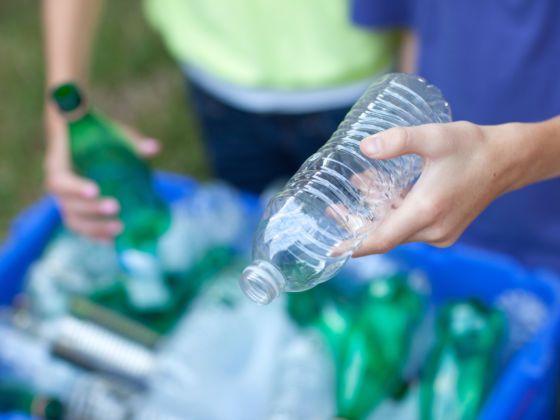I’m driving from Cape Town, South Africa to Livingstone, Zambia in a Sprinter van with close to twenty other people. I work for Greenpop, a tree-planting and green-living organisation from the Mother City and the people in this vehicle make up most of the crew that will run the Zambia Festival of Action, our biggest annual event.
It’s day one, and the dusty expanse of the Karoo seems endless. The only real sign that we’re making any headway through the desert are the undulating mountain ranges way off in the distance on either side of the road.
